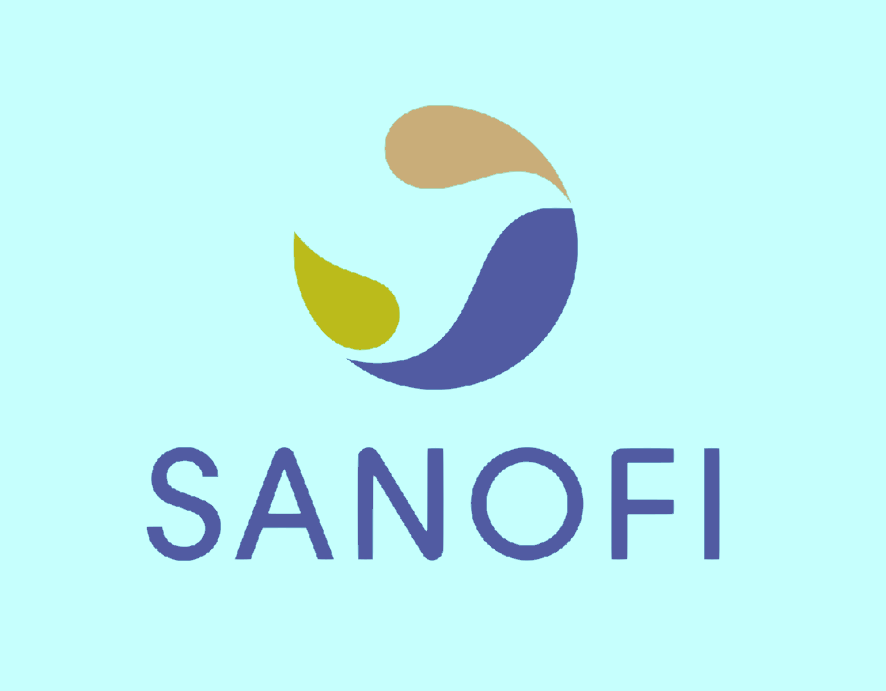Health News Roundup: Three listed Chinese firms used endangered animal parts as ingredients- report; Sanofi seeing 'unprecedented' demand for RSV therapy and more
In a report published Monday, the London-based Environmental Investigation Agency urged global investors in the three firms - Beijing Tong Ren Tang group, Tianjin Pharmaceutical group and Jilin Aodong Pharmaceutical Group - to divest their stakes. Sanofi seeing 'unprecedented' demand for RSV therapy French drugmaker Sanofi said on Friday it was seeing an "unprecedented level" of demand for an antibody therapy it co-developed to prevent respiratory syncytial virus (RSV), a leading cause of hospitalizations in infants.

Following is a summary of current health news briefs.
Three listed Chinese firms used endangered animal parts as ingredients- report
Three publicly traded Chinese drugmakers which count global banks such as UBS and HSBC as investors have used parts of endangered animals as ingredients in their products, an environmental group said. In a report published Monday, the London-based Environmental Investigation Agency urged global investors in the three firms - Beijing Tong Ren Tang group, Tianjin Pharmaceutical group and Jilin Aodong Pharmaceutical Group - to divest their stakes.
Sanofi seeing 'unprecedented' demand for RSV therapy
French drugmaker Sanofi said on Friday it was seeing an "unprecedented level" of demand for an antibody therapy it co-developed to prevent respiratory syncytial virus (RSV), a leading cause of hospitalizations in infants. The therapy, branded Beyfortus and jointly developed by Sanofi and AstraZeneca, was approved in July to prevent RSV in infants and toddlers.
Scientists infect volunteers with Zika in hunt for vaccines, treatments
Researchers in the United States have shown for the first time they can safely and effectively infect human volunteers with Zika virus, a step towards learning more about the disease and developing vaccines and treatments. The study – known as a "controlled human infection model" – has previously been controversial for Zika because of the risks to participants and lack of treatments.
CBC Healthcare secures $875 million for life science investment in China
CBC Healthcare Infrastructure Platform (CBC HIP), an independent life science real assets investor in China, said on Saturday it had secured $875 million for its first life science real assets venture called CLSRA Venture I. Abu Dhabi-based sovereign investor Mubadala Investment Company will join existing investors Dutch pension fund APG Asset Management and Asian healthcare asset management firm CBC Group in CBC HIP, according to a company statement.










